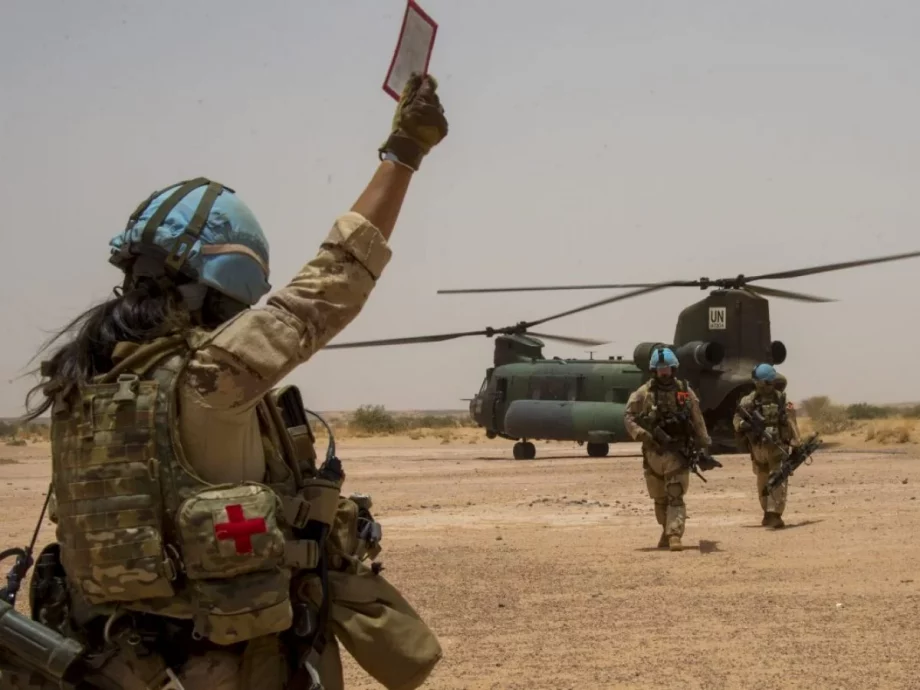A military tribunal is a judicial body set up to deal with offenses committed by members of the military. These tribunals are usually overseen by a panel of military officers, and the procedures and penalties they impose are typically much harsher than those of civilian courts.
The main purpose of a military tribunal is to ensure that members of the armed forces are held accountable for their actions, and to maintain good order and discipline within the ranks. Military tribunals also serve as a deterrent to other potential offenders, by demonstrating that there are serious consequences for breaking the rules.
In some cases, civilians can also be tried by military tribunals – usually in times of war or national emergency – but this is relatively rare.
How are military tribunals different from civilian courts, and why are they used instead of civilian courts in some cases?
Military tribunals are different from civilian courts in a few key ways. First, they are usually presided over by a panel of military officers, rather than civilian judges. Second, the procedures and penalties imposed by military tribunals are typically much harsher than those of civilian courts. Finally, military tribunals have the power to try civilians in some cases (usually in times of war or national emergency), whereas civilian courts cannot.
There are several reasons why military tribunals may be used instead of civilian courts. One reason is that military tribunals can more effectively ensure that members of the armed forces are held accountable for their actions. Another reason is that military tribunals serve as a deterrent to other potential offenders, by demonstrating that there are serious consequences for breaking the rules. Finally, in some cases (such as during wartime), it may not be possible or practical to try offenders in civilian courts.
Who can be tried by a military tribunal, and what crimes can be prosecuted in this way?
In most cases, only members of the military can be tried by a military tribunal. However, in some cases (usually during times of war or national emergency), civilians can also be tried by these tribunals.
Military tribunals can hear a wide range of cases, but they are most commonly used to prosecute offenses such as treason, espionage, and terrorism.
What is the process for setting up a military tribunal, and how does it work in practice?
The process for setting up a military tribunal varies depending on the country and the circumstances, but there are some general steps that are typically followed. First, the decision to set up a tribunal is usually made by a high-ranking military official or politician. Next, a panel of military officers is assembled to serve as the tribunal’s judges. The accused is then brought before the tribunal, where they are given the opportunity to plead guilty or not guilty. If the accused pleads guilty, they will be sentenced immediately. If they plead not guilty, the trial will proceed and both sides will present evidence and arguments. Once all the evidence has been presented, the tribunal will reach a verdict and impose a sentence.
In practice, military tribunals often operate in secret, with limited rights for the accused and no right of appeal. This can make them controversial, as they are seen by some as a way to circumvent the civilian justice system.
What are the potential advantages and disadvantages of using military tribunals?
There are both advantages and disadvantages to using military tribunals. Some of the benefits include the fact that these tribunals can more effectively ensure that members of the armed forces are held accountable for their actions, and that they serve as a deterrent to other potential offenders. However, there are also some drawbacks to using military tribunals, such as the fact that they often operate in secret with limited rights for the accused, and that there is no right of appeal. Overall, the decision of whether or not to use military tribunals is a complex one that must be weighed carefully in each individual case.
Are there any criticisms of the use of military tribunals, and if so, what are they?”
Critics of the use of military tribunals argue that they are a way to circumvent the civilian justice system. They also argue that these tribunals often operate in secret with limited rights for the accused, and that there is no right of appeal. Overall, critics say that the use of military tribunals violates the principle of separation of powers between the executive, legislative, and judicial branches of government. Additionally, some human rights groups have criticized the use of military tribunals, arguing that they do not provide adequate due process protections for the accused.

